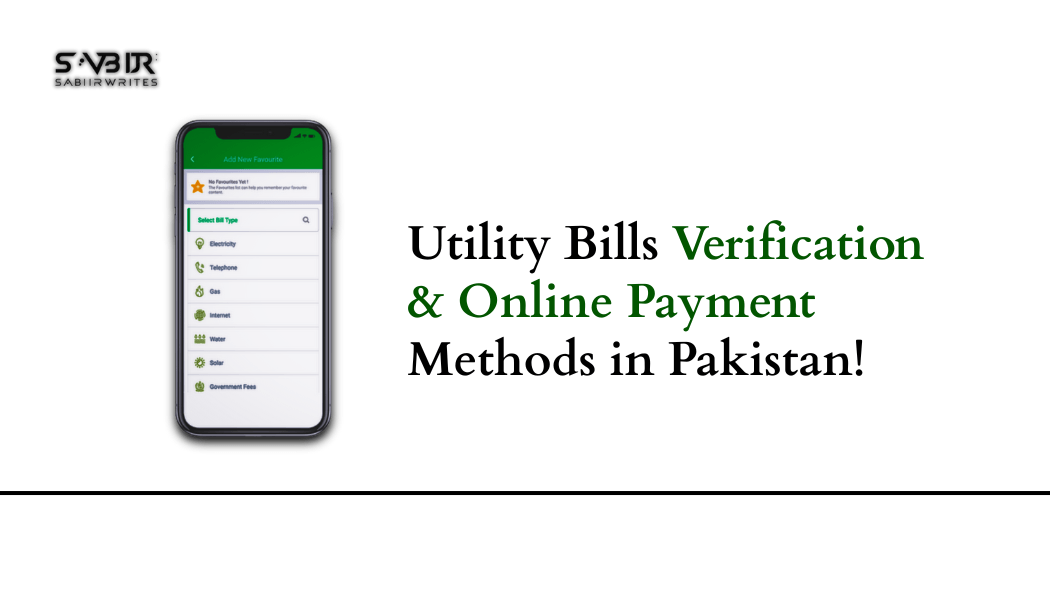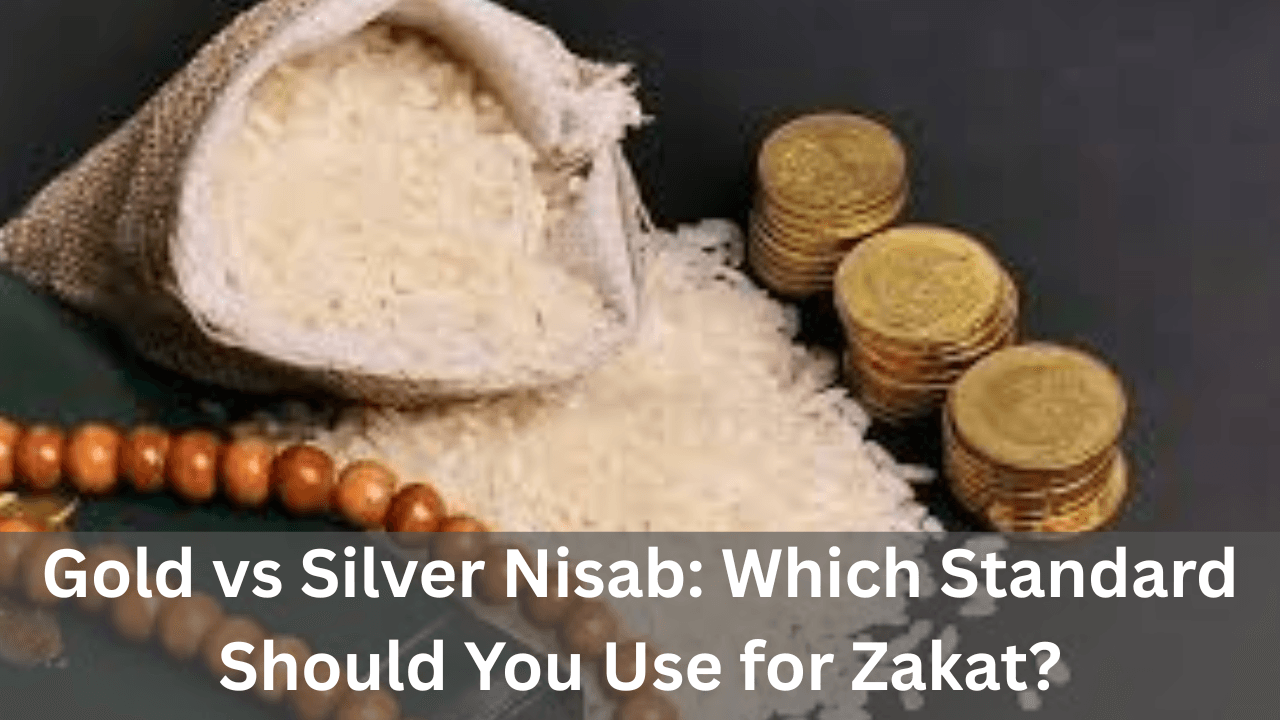Utility Bills Verification & Online Payment Methods in Pakistan (2025 Guide with Smart Solutions)
Introduction: Why Online Utility Bill Management Matters in Pakistan
Managing utility bills has always been a monthly challenge for households and businesses across Pakistan. Standing in long queues, waiting for clerks to process payments, and dealing with misplaced bills are common frustrations. In 2025, Pakistan’s digital transformation will rapidly change this landscape. From electricity and gas to water, telephone, and internet bills, almost every service provider now offers online verification and payment options.
This guide explores utility bills verification & online payment methods in Pakistan, covering every major provider, payment channel, and government initiative. It’s designed to help you save time, avoid errors, and embrace secure digital transactions confidently.
Understanding Utility Bills in Pakistan
Utility bills are essential documents that record a household or business’s consumption of services. In Pakistan, they typically include electricity, gas, water, internet, and telephone charges.
Types of Utility Bills (Electricity, Gas, Water, Internet, Telephone)
- Electricity Bills – Managed by WAPDA and regional distribution companies (DISCOs) like LESCO, MEPCO, KE, and FESCO.
- Gas Bills – Issued by SNGPL and SSGC for natural gas consumption.
- Water & Sewerage Bills – Managed by local authorities such as WASA, CDA, and KWSB.
- Internet & Telephone Bills – PTCL remains the largest provider, along with private ISPs like StormFiber, Nayatel, and Optix.
Common Issues Faced by Consumers
- Delayed delivery of printed bills
- Misplacement or damage to physical bills
- Standing in long queues at banks or post offices
- Incorrect billing or overcharges
- Lack of awareness about online alternatives
Utility Bills Verification Process
Online Verification Through Official Portals
Most utility companies in Pakistan now provide dedicated websites where customers can verify bills by reference number or CNIC. For example, LESCO and KE allow instant bill downloads directly from their websites.
SMS-Based Bill Verification Services
Several providers also offer SMS bill checking services. By sending your reference number to a designated short code, you can receive the latest bill details instantly.
Mobile Apps for Real-Time Bill Checking
Apps like Easypaisa, JazzCash, and official utility apps let users view and download pending bills, making verification faster and more reliable.
Electricity Bills Verification & Payment
WAPDA & DISCOs (LESCO, KE, MEPCO, FESCO, IESCO, etc.)
Electricity distribution is managed regionally. For example, LESCO covers Lahore, KE handles Karachi, and MEPCO serves Multan. Each DISCO has an online portal for bill checking.
Step-by-Step Guide for Online Payment
- Open your bank’s app or mobile wallet (e.g., Easypaisa).
- Select “Bill Payments.”
- Choose “Electricity” and select your distribution company.
- Enter your 14-digit reference number.
- Confirm and pay securely.
Here is CNIC Verification Online Process – Guide 2025
How to Verify Electricity Bills via CNIC/Reference Number
- Visit your DISCO’s official website.
- Enter your reference number or CNIC.
- Download a PDF copy for records.
Gas Bills Verification & Online Payment
SNGPL & SSGC Online Bill Services
Both SNGPL and SSGC allow customers to check gas bills online using reference numbers. Bills can be downloaded and paid via multiple digital platforms.
Mobile Wallet & Banking Apps for Gas Bill Payment
Apps like JazzCash, Easypaisa, Meezan Bank, HBL Konnect, and others facilitate instant gas bill payments. Customers receive SMS receipts confirming transactions.
Water & Sewerage Bills Management
Local Authority Portals (WASA, CDA, KWSB)
Water and sewerage bills vary by city. WASA (Lahore), CDA (Islamabad), and KWSB (Karachi) allow bill verification and payment online.
Challenges in Water Bill Verification
- Limited digital infrastructure in smaller cities
- Occasional errors in billing data
- Low awareness of online options
Internet & Telephone Bills Verification & Payment
PTCL Online Billing
PTCL offers a user-friendly portal and the MyPTCL App for easy bill downloads and payments. Customers can also sign up for e-billing to receive bills via email.
Private ISPs & Digital Payment Options
Providers like Nayatel, StormFiber, and Optix offer online verification and payments via debit cards, Easypaisa, and JazzCash.
Best Online Payment Methods for Utility Bills in Pakistan
Internet Banking Platforms
Most Pakistani banks (UBL, HBL, Meezan, Allied, etc.) allow bill payments directly from their online banking portals.
Mobile Wallets (Easypaisa, JazzCash, Sadapay, Nayapay)
Mobile wallets are the most popular method for paying utility bills. They are simple, fast, and widely accessible.
Credit/Debit Card Payments
Bills can also be paid directly using Visa or Mastercard debit/credit cards on official utility websites.
NADRA e-Sahulat Centers
For those who prefer physical transactions, NADRA e-Sahulat centers also offer utility bill payment services.
Benefits of Paying Utility Bills Online
Convenience & Time-Saving
No more queues – payments can be completed in minutes.
Secure Transactions
Banking apps and mobile wallets use encryption and OTP verification for safety.
24/7 Access Anywhere
Whether you’re at home, in the office, or traveling abroad, bills can be paid anytime.
Step-by-Step Guide: How to Pay Utility Bills Online in Pakistan
Pay via Mobile Wallet
- Open Easypaisa or JazzCash
- Go to “Bill Payments”
- Select utility type (electricity, gas, water, etc.)
- Enter reference number
- Confirm payment
Payment via Internet Banking
- Log into your bank’s portal/app
- Select “Utility Bill Payment”
- Enter bill details
- Confirm transaction
Payment via Official Utility Websites
- Open utility provider’s website
- Enter reference number
- Pay via debit/credit card
Security Concerns & How to Stay Safe
Identifying Authentic Portals
Always use official websites and apps for transactions.
Avoiding Fraudulent Apps
Download apps only from Google Play Store or Apple App Store.
Using Verified Payment Channels
Stick to registered banks and wallets for safety.
Government Initiatives for Digital Utility Bill Management
Digital Pakistan Vision
The government’s Digital Pakistan initiative encourages cashless transactions.
E-Governance & Citizen Portals
Platforms like Pakistan Citizen Portal integrate online services, making bill management easier.
Future of Utility Bill Payments in Pakistan
AI-Powered Payment Solutions
AI will help in predictive bill management, reminders, and automated payments.
Blockchain & Smart Contracts
Blockchain may enhance security and transparency in utility billing.
Expanding Digital Inclusion
Efforts are being made to bring rural areas online, ensuring equal access.
FAQs on Utility Bills Verification & Payment in Pakistan
Yes. Many Pakistani banks and mobile wallets allow payments through international cards.
Overpayments are adjusted in the next billing cycle automatically.
Yes. If you use official portals and verified apps, transactions are encrypted.
Mobile wallets like Easypaisa and JazzCash are the fastest options.
Yes. Many banks and wallets allow automatic recurring payments.
Keep the transaction receipt and contact your service provider for reconciliation.
Conclusion: Moving Towards a Cashless Pakistan
The future of utility bills verification & online payment methods in Pakistan is digital. With banks, mobile wallets, and government portals working together, consumers now have more choices than ever before. By adopting secure online channels, Pakistan can reduce cash dependency, eliminate delays, and move closer to a cashless economy.




